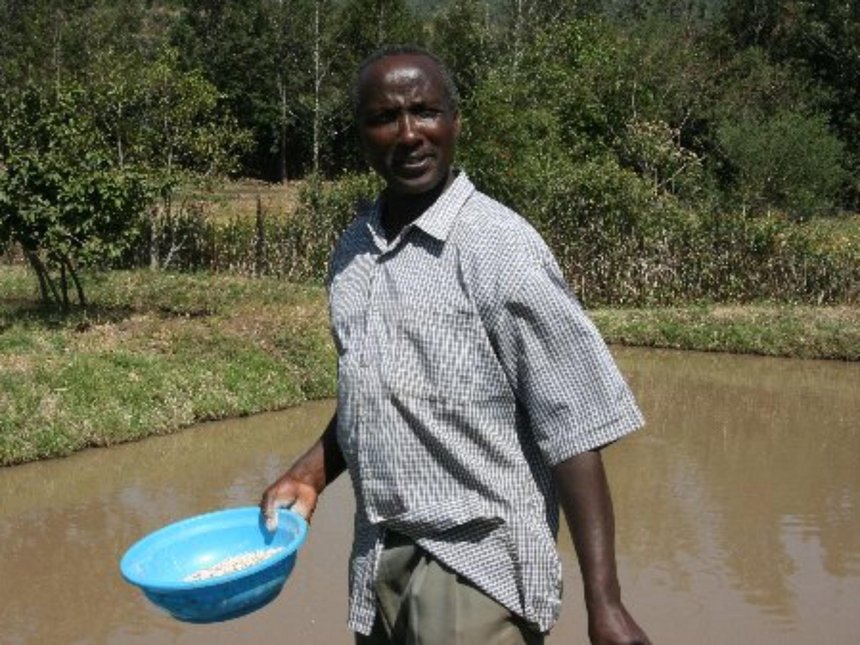Stephen Wangombe’s land in Subukia that was once a neglected swampy place now hosts 10 fish ponds. This has made him one of the biggest fish suppliers in Nakuru county.
In a place where many residents know little or nothing about fish farming, Wangombe’s venture has over the years spurred interest among the locals.
The farm is well-fenced to ward off predators and the fish ponds are positioned to tap water from a tributary of a small spring located at the farthest corner of the farm.
“This land might have been a useless swamp but I am now able to get school fees and money to cater for my financial needs,” Wangombe says.
He says he started 15 years ago with a single fish pond for family consumption, but the growing demand and interest from the residents pushed him to add more ponds and venture into commercial fish farming.
“When I started fish farming, I just wanted to make use of my idle parcel of land and be able to supplement my family’s diet with white meat which most of the residents in the area knew little about. One fish pond has a capacity of 10,000 fish and costs about Sh50,000 to construct,” Wangombe says.
He sells his fish to residents and to the local supermarkets in Nakuru town.
He is however planning to construct a hatchery for fingerlings so as to cut costs and to supply to other farmers in the area.
He buys fresh fingerlings at Sh10 each from hatcheries in Kisumu and sells one mature fish at a wholesale price of Sh150, which fetches hims Sh90,000 per fish pond.
Wangombe’s farm is also a demonstration farm for Mount Kenya University students in Nakuru where they attend practical and field work lessons.
“When the students come here, I take them through lessons courtesy of the skills I have earned over the years and I am paid per lesson. I also get to answer the many questions the students have,” Wangombe says, adding that he has signed a contract with the school and is paid Sh5,000 per visit.
Did you love the story? You can also share YOUR story and get it published on Bizna Click here to get started.






